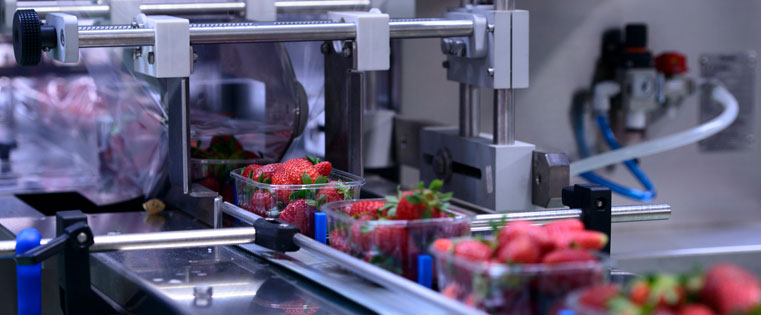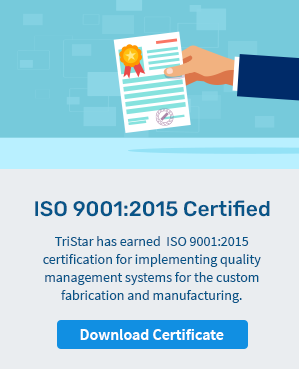2 min read
How Will the Food Safety Modernization Act Impact Bearing Selection?
![]() Dave Biering
June 27, 2017
Dave Biering
June 27, 2017

Are you ready for the Food Safety Modernization Act (FSMA)? The clock is ticking — and most manufacturers need to be in full compliance with the regulations by the end of 2017. Bearing selection can play a key role in helping you achieve compliance of your food processing and packaging equipment. We’ve got some insights to make the selection process easier.
The FDA’s Food Safety Modernization Act was signed into law back in 2011, and represents the most-sweeping overhaul of food safety legislation in over 70 years. The goal of FSMA, of course, is to increase consumer safety by preventing food contamination through better processing and preparation of food products. Although implementation dates have been staggered over several years, 2017 represents the year most US food manufacturers must be fully compliant.
But the reality is that not all manufacturers are ready.
Recent interviews with food processing OEMs cite that only 50% are prepared to meet the FSMA’s timeline. And of those interviewed, most claim that they are having the most difficulty with getting the right cleaning systems in place. They need clean-running equipment to expedite GMP and FSMA.
Granted, equipment bearings are just one small part of an overall manufacturing compliance plan, but these small devices can pay big dividends.
With the right bearing selection on their processing equipment, food manufacturers can:
Realize easier industry certification
Some bearings are pre-certified with industry third-parties such as FDA, USDA, and 3A standards. With these bearings on food conveyors and pick and place equipment, food processors are a step ahead in meeting the requirements of FSMA. Pre-certifed bearings can shorten the installation approval timeline.
Reduce cross-contamination
Bearings with high-release properties stay cleaner, longer since they eliminate food residues from accumulating. For example, poultry processing includes a series of drills and hooks to move the meat along the production line. When meat residue clings to the drill housing, bacteria and other contaminants can cross from one bird to the next. Bearings with good release properties (such as Tivar and Ertalyte) do not hold on to this residue, to reduce the chance of cross contamination.
Eliminate impurities from lubricating films
Bearings need lubrication to run, yet excessive lubricating grease promotes a lapping compound to form around the bearing. The compound then acts as a magnet for dust and other impurities. By using grease-free equipment bearings, manufacturers can eliminate this common form of food contamination.
Promote good sterilization
Good cleaning and sterilization of processing equipment is a key way to prevent food contamination per the FDMA. But not all bearings can tolerate the common chemicals used to clean food processing equipment like phosphoric, nitric, and hydrochloric acids. These can all weaken and cause failure in metal bearings, but have no impact on composites and polymers. When selecting your equipment bearings, look for those that are compatible with required sterilization chemicals.
Beyond improving FSMA compliance, your bearing selection can also impact your overall productivity. Because bearings that require little maintenance and have good environmental tolerance also tend to last longer. And longer-lasting bearings can save on your replacement costs. It’s a win-win.
Want more information on FSMA? Check out this FAQ sheet from the FDA, or get a custom consult on bearing selection!









